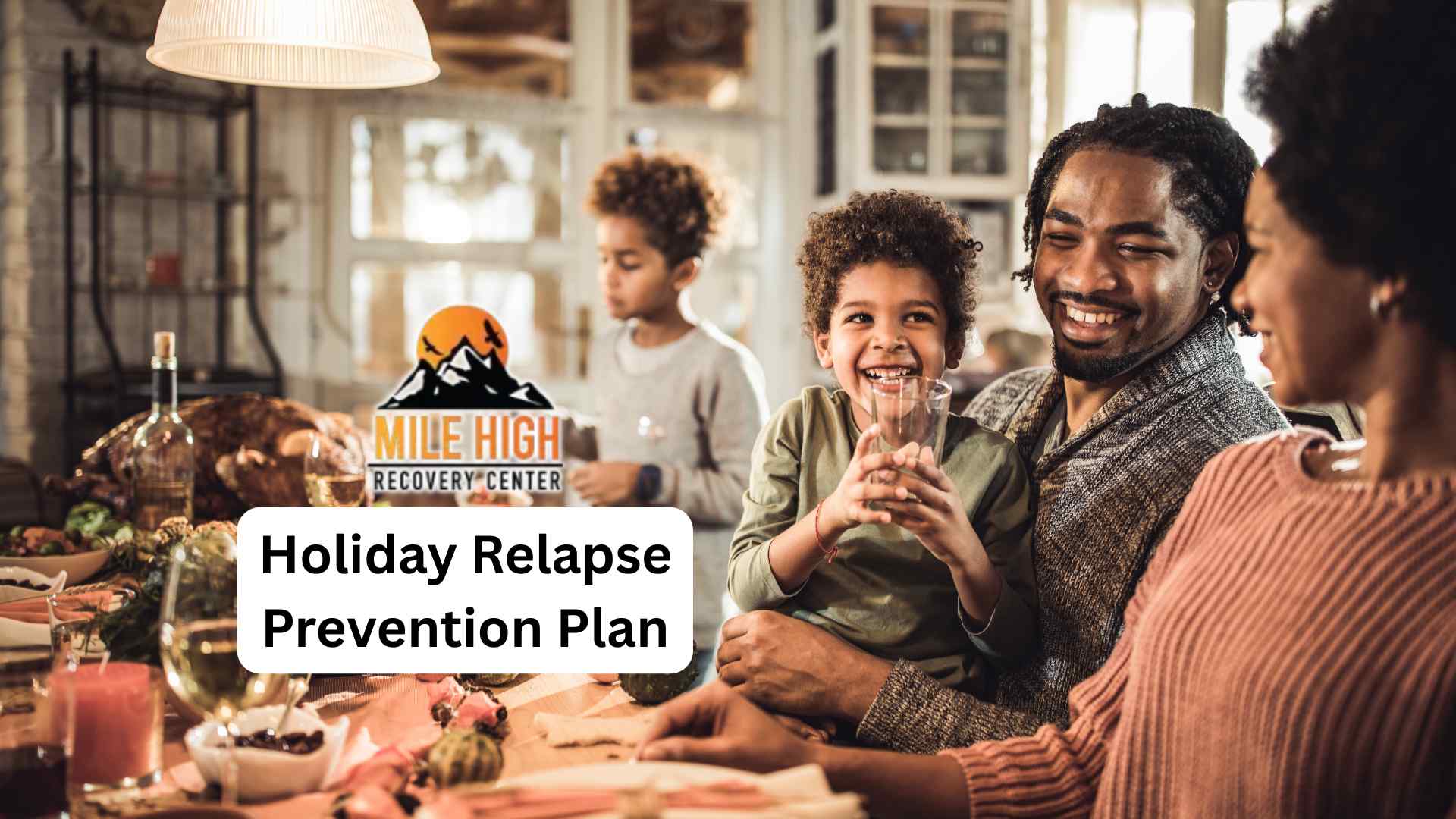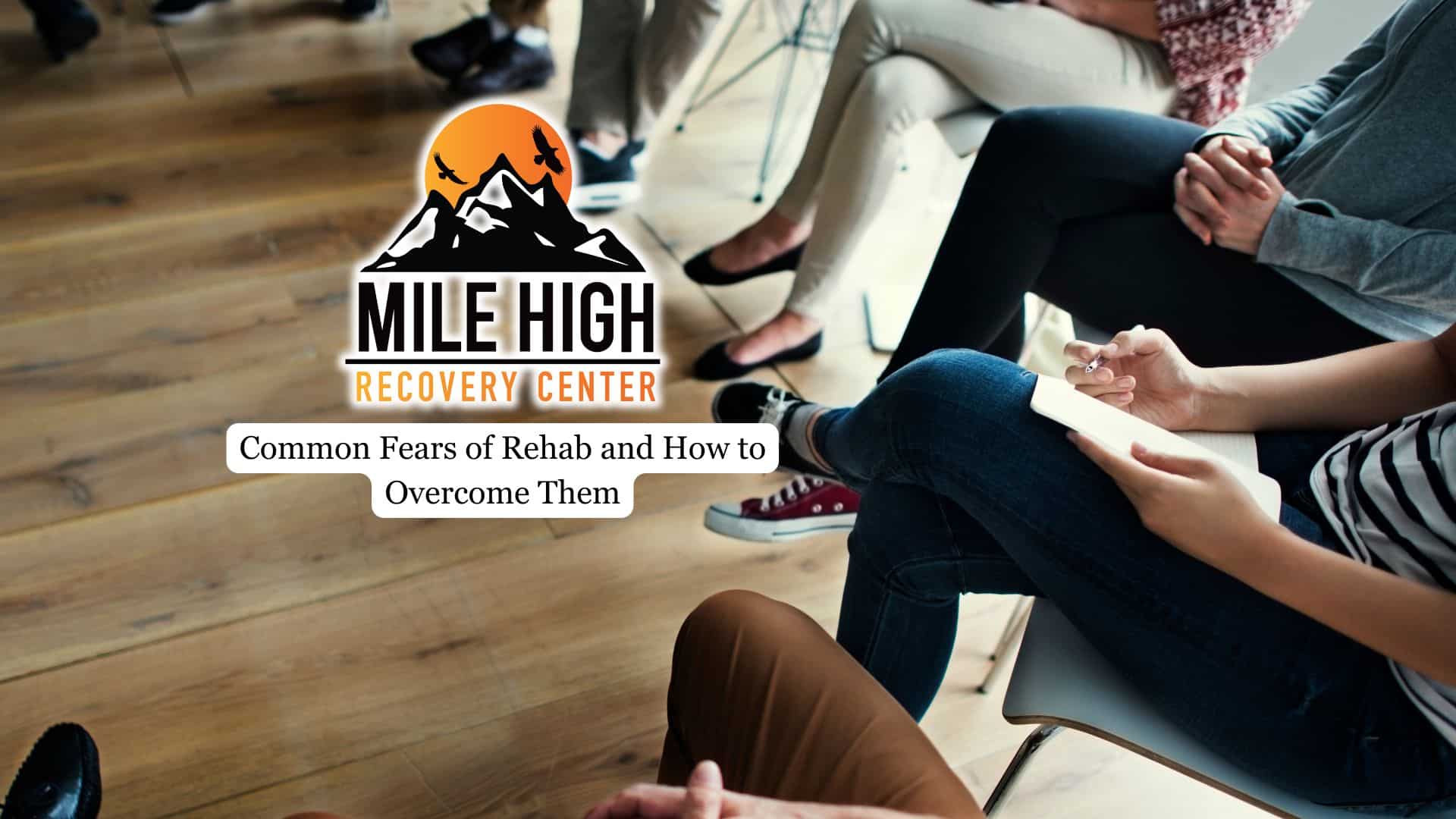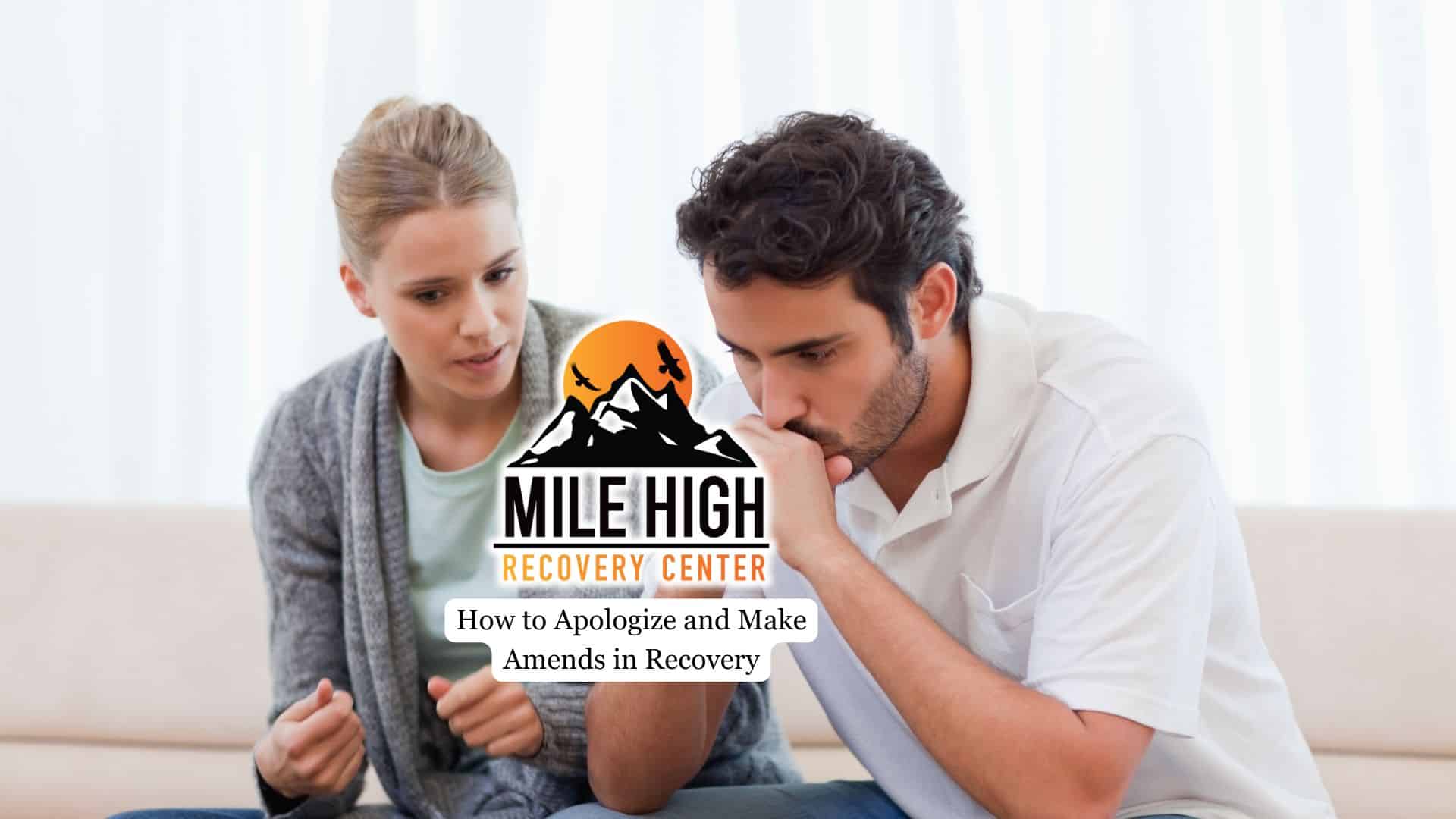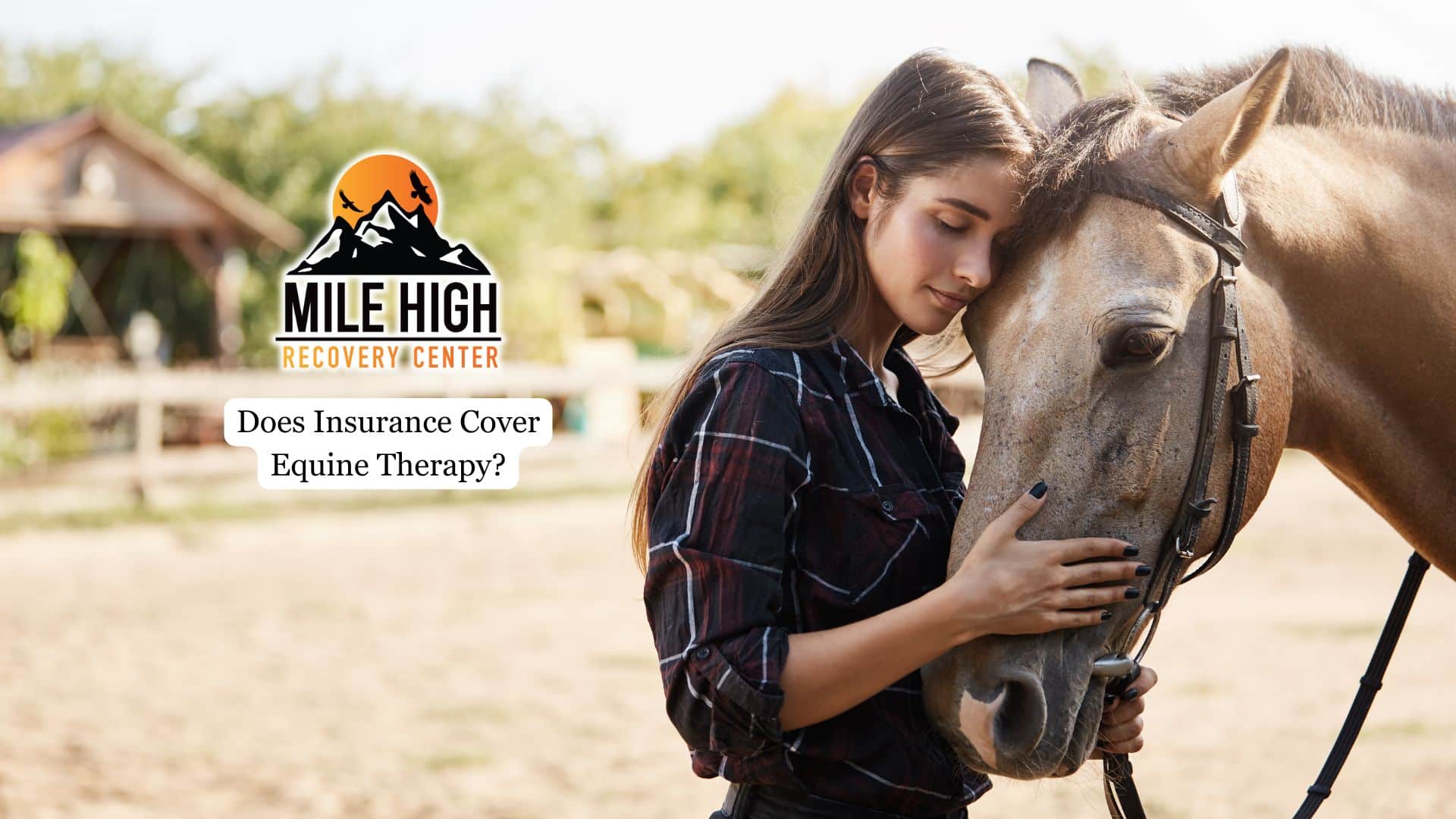Staying sober during the holiday season can be particularly challenging for a person in recovery due to the increased presence of potential triggers, such as family gatherings and holiday parties where alcohol, or even drugs, may be readily available.
In this article, we’ll outline how to create a holiday relapse prevention plan by identifying relapse triggers, setting boundaries, and building support. We’ll share practical strategies for managing high-risk situations, caring for one’s self, and planning ahead for social events.
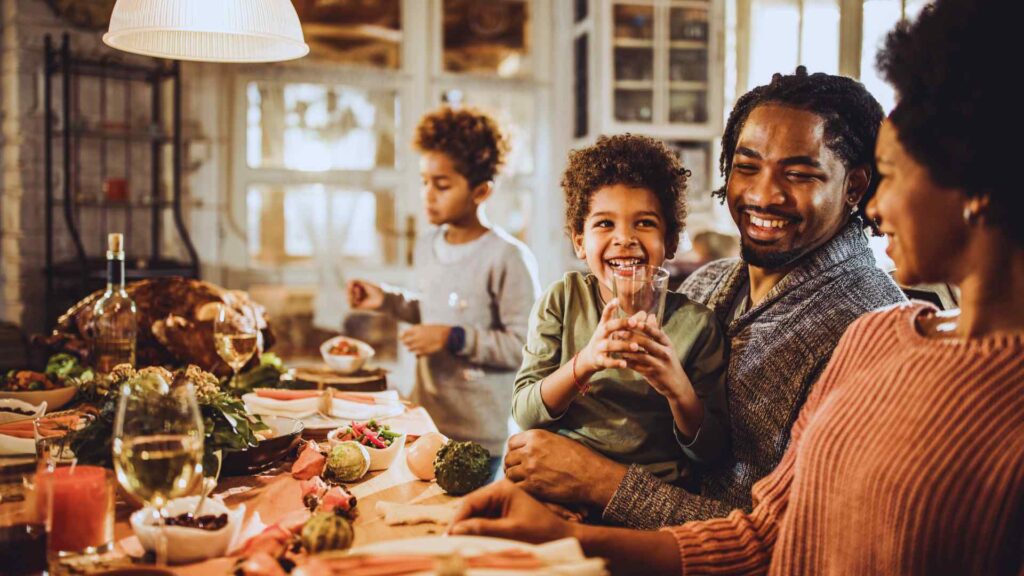
Avoiding Relapse Throughout the Holidays
Having a relapse prevention plan is always good practice, and it becomes even more important for recovery during the holidays, be it the Fourth of July, Thanksgiving, or Christmas. Seeking support from a structured relapse prevention program that offers personalized guidance, tools, and accountability to help you stay on track can make all the difference.
A well-crafted plan, for the holidays or not, should include several key components:
Identifying Potential Holiday Triggers
The first step to protecting your sobriety is recognizing what stirs up cravings or emotional discomfort. Everyone’s triggers for relapse are different, but around the holidays, a few tend to show up more often, such as:
- Family tensions: Even though holidays, especially Thanksgiving and Christmas, are usually occasions when you spend time with loved ones, old arguments or unresolved issues can bubble up during gatherings.
- Party pressure: Social events held during holidays often come with alcohol and plenty of temptation.
- Stress overload: Gift shopping, tight budgets, and high expectations can push your anxiety levels into overdrive.
- Feeling alone: Instead of being a time of joy, holidays can amplify loneliness, especially if you’re away from loved ones or don’t feel included.
Avoid High-Risk People, Places, and Situations
Protecting your sobriety sometimes means making tough but smart calls about where you go and who you’re around. Holidays can bring high-risk situations that can arise quickly, so it’s essential to establish boundaries early, before relapse occurs. Watch out for these stressors:
- People who push your limits: Anyone who pressures you into picking up a drink or using drugs “just this once” isn’t on your recovery team.
- Places packed with old habits: Bars, certain homes, or hangouts tied to your past substance use can start you thinking about drinking or using drugs again and jeopardize your recovery from drug and alcohol addiction.
- Substance-filled events: If you’re attending a gathering with alcohol or drugs around, go in with backup. Bring a sober buddy and have an exit plan to prioritize your sobriety.
Choosing safer spaces and solid company keeps you grounded and helps you stay on track through the holiday chaos.
Build a Support System
Having a solid support group during addiction recovery is more important than ever during the holidays. Don’t be afraid to reach out and stay connected. Try:
- Doubling down on meetings: Many recovery groups offer extra sessions this time of year.
- Checking in often: Stay in touch with your sponsor, mentor, or sober friends. A quick call or message can work wonders.
- Tapping into online resources: Virtual meetings, forums, and recovery communities can give you extra strength when you need it most.
Set Healthy Boundaries With Loved Ones
Safeguard your recovery by setting clear boundaries.
- Speak up about your needs: Let others know if you prefer a substance-free space. Most people will understand.
- Say “no” when needed: You don’t owe anyone your presence, especially if the situation feels risky.
- Make space for yourself: Balance gatherings with quiet time, self-care, and reflection to stay grounded.

Create New, Healthy Holiday Traditions
When holidays come, enjoy it by replacing old habits with positive, sober traditions:
- Host alcohol-free celebrations with friends and family.
- Try new activities like volunteering, cooking, or attending sober events.
- Focus on the meaningful aspects of the season—spirituality, gratitude, and connection.
- Bring your own non-alcoholic drinks to parties to ensure safe choices.
Prepare an Emergency Plan for Cravings
Cravings can sneak up fast for someone in recovery, especially during the holidays, so having a solid, season-specific plan is a must.
- Watch for early warning signs like irritability, restlessness, or feeling overwhelmed.
- Keep an action plan close, whether it’s knowing who to call, when to step out, or how to ground yourself.
- Carry reminders of your “why”, a meaningful quote, a token, or a note to yourself to stay on track.
Keep Yourself Accountable All Season Long
Staying accountable helps you avoid the risk of relapse, keeps you grounded, and committed throughout the holiday rush.
- Check in regularly with your sponsor, mentor, or recovery group to stay connected.
- Journal your journey. Track your emotions, triggers, and daily wins to reflect and grow.
- Share your goals with trusted people who’ll cheer you on and call you in when needed.
Practice Self-Care
Caring for your body and mind boosts your ability to stay strong and centered to stay away from the disease of addiction.
- Set aside time for calming activities like walking, reading, or meditating.
- Stick to healthy routines. Nourish your body with good food, restful sleep, and movement.
- Lean into hobbies and surround yourself with people who uplift you.
Managing Holiday Stress in Recovery
Holiday celebrations can be overwhelming for anyone, and even more so for those in drug or alcohol addiction recovery. That’s why it’s crucial to have reliable strategies to manage stress and anxiety and stay emotionally grounded. Here are some tips to prevent relapse while you navigate the season with more peace and control, making it more fun and enjoyable for you and your loved ones during the holidays:
- Practice mindfulness: Deep breathing, meditation, or simply staying present can calm racing thoughts and reduce anxiety.
- Stick to routines: Regular habits like sleep, meals, and movement create structure when everything else feels hectic.
- Take care of yourself: Eat nourishing food, get plenty of rest, and move your body. These basics make a big difference.
- Learn to say no: You don’t have to attend every event. Protect your energy by setting boundaries without guilt.
- Create a peaceful space: Keep your surroundings calm and cozy. Decorate your space with things that make you smile.
- Focus on the good stuff: Celebrate small wins, quiet joys, and meaningful connections throughout the season.
- Speak up about your needs: Let loved ones know how they can support you. It builds understanding and strengthens your recovery.
- Keep expectations realistic: Forget the picture-perfect holiday. Aim for balance, flexibility, and grace when things don’t go as planned.
Final Thoughts from Mile High Recovery
A relapse plan is an essential tool for individuals in recovery to maintain their sobriety during the holiday season. The holidays can be a challenging time due to increased stress, dealing with family dynamics, and the prevalence of drugs or alcohol at social gatherings.
You can take the next step toward lasting sobriety with Mile High Recovery’s Relapse Prevention Group Therapy in Denver, CO. Join a supportive community where you’ll gain real-world skills, effective coping strategies, and peer mentorship to confidently manage triggers and sustain your recovery journey.


